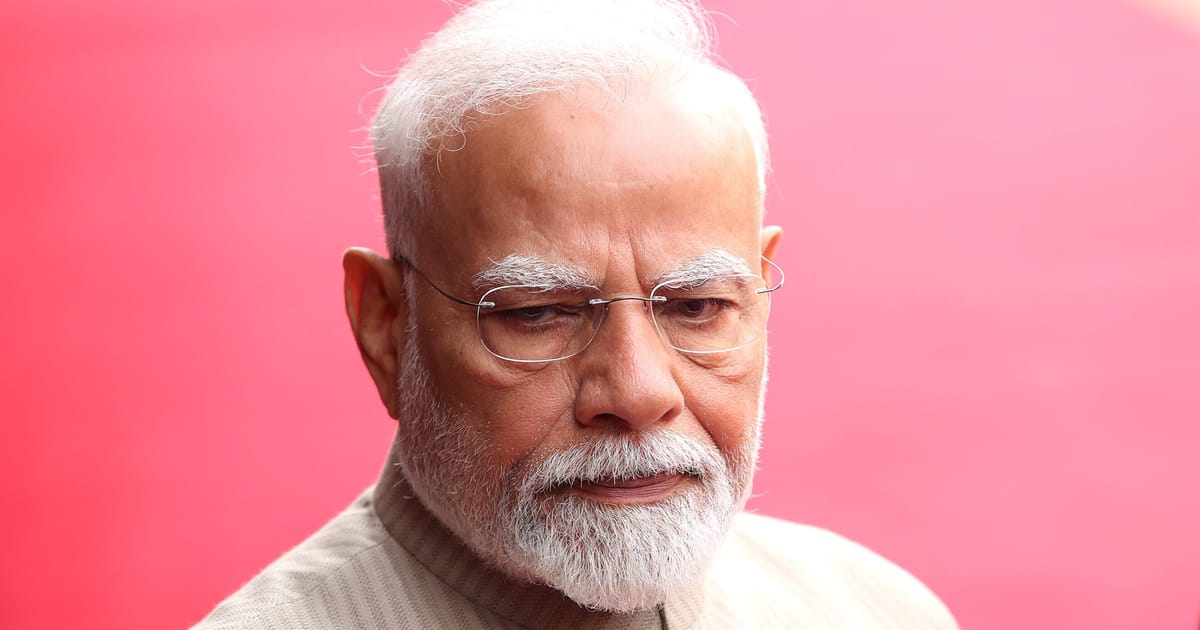

This week has seen significant developments on the global stage, with diplomatic initiatives and discussions taking center stage across various continents. From upcoming trade agreements to significant releases of citizens abroad and pivotal international discussions, the landscape of international relations continues to evolve, aiming for peace and cooperation.
In a promising step towards enhancing economic ties, Indian Prime Minister Narendra Modi is set to visit the United Kingdom for the first time in seven years. This visit marks a significant milestone as both nations prepare to sign a comprehensive trade agreement. The trade deal is anticipated to boost mutual economic growth, strengthen bilateral relations, and create new opportunities for businesses in both countries. This momentous occasion reflects a shared commitment to fostering collaboration and underscores the importance of robust international partnerships in an interconnected world.
Meanwhile, in a remarkable display of diplomatic negotiation, Venezuela has released ten American citizens who had been imprisoned, in exchange for the repatriation of Venezuelan migrants from El Salvador. This move highlights a multifaceted diplomatic achievement that not only brings comfort to the families of those released but also serves to strengthen regional ties. The exchange has been lauded by various leaders as a constructive stride towards addressing broader immigration challenges and improving international relations. It stands as a testament to the power of dialogue and negotiation in resolving complex issues.
Turning our focus to the Asia-Pacific region, the forthcoming testimony by former Australian Prime Minister Scott Morrison before the US House panel highlights a critical discussion on countering China’s economic strategies. This hearing aims to address concerns about economic coercion and seeks to identify strategic measures that democracies can take to safeguard economic independence. Joining Morrison is Rahm Emanuel, a seasoned diplomat and former US ambassador to Japan, underscoring the seriousness and depth of the discussions. This represents an important collaboration between nations to understand, anticipate, and mitigate economic challenges posed by global economic shifts.
In the Middle East, ongoing tensions have brought global attention to the region. Following a deadly Israeli strike on the Catholic Holy Family Church in Gaza City, solemn discussions and gestures of peace have emerged. Senior Christian clerics, including the Catholic Latin Patriarch of Jerusalem, Pierbattista Pizzaballa, and his Greek Orthodox counterpart, Theophilos III, have traveled to Gaza in response. Their visit serves to offer spiritual support and call for accountability and immediate measures to prevent further violence. This gesture underscores a unified plea for peace and the pursuit of diplomatic solutions in a region historically fraught with challenges.
These various global developments collectively illustrate the dynamic nature of international diplomacy and the ongoing efforts to foster peace, cooperation, and understanding across borders. As leaders around the world engage in talks and negotiations, it is evident that while challenges persist, there is a prevalent desire for dialogue and resolution. Such initiatives remind us of the importance of perseverance, empathy, and collaboration in navigating the complexities of international relations. By focusing on mutual interests and shared values, nations can create pathways toward a more harmonious and sustainable global community.
Source: {link}
